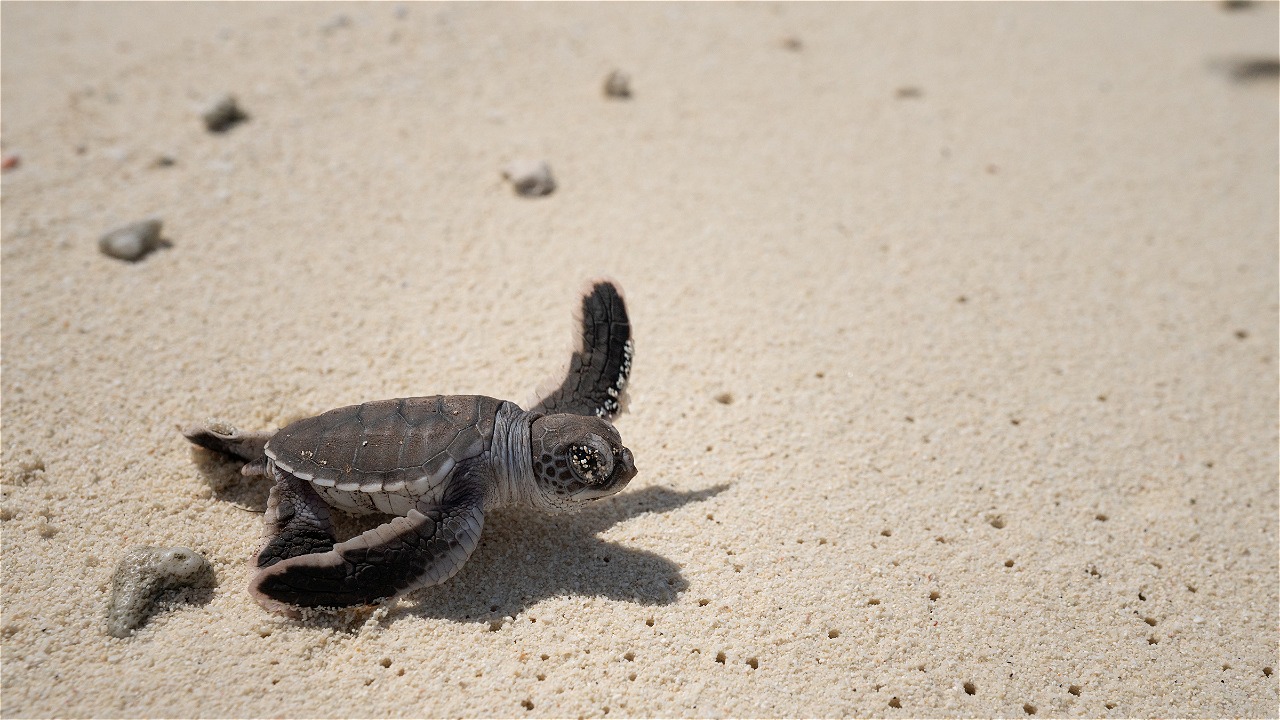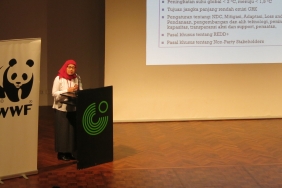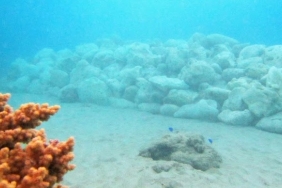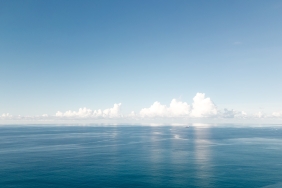KKPS: THE STORY OF A TURTLE GUARDIAN COMMUNITY GROUP IN PANGUMBAHAN
By: Ciptanti Putri
The community is the key to the success of a conservation area. They are at the forefront, both in maintaining and developing the area so as to achieve a harmonious condition; sustainable nature and prosperous people. To begin with, the community must understand and truly understand the potential of the nature around them so that they are able to utilize the biological wealth contained therein wisely.
This is the essence of the thinking of the people of Pangumbahan Village, Ciracap, Sukabumi, who are now actively engaged in conservation efforts in their coastal area, which is a nesting area for Green Turtles (Chelonia mydas). Through various roles and community activities, they are jointly pursuing the dream of realizing Pangumbahan as a conservation-based ecotourism area.
"Pangumbahan Beach once had a bleak period. Although it is one of the busiest Green Turtle landing and nesting beaches in West Java, the practice of turtle egg trade was also rampant. "In 2006, my friends and I who shared the same sentiment and empathized with the plight of sea turtles formed KKP (Turtle Conservation Group). At that time there were 30 people from the community around Pangumbahan Beach. The group was managed by a company called CV Daya Bakti. Seeing the increasingly alarming practice of buying and selling sea turtle eggs in our area, we began to look for reference materials for advocacy."
At first, Musonif and his friends obtained a number of books on environmental conservation and laws and regulations, and found that in Law No. 5 of 1990 concerning the Conservation of Living Natural Resources and Ecosystems, sea turtles are included in the protected category. Law No. 33 of 2004 on fisheries also states that sea turtles are protected reptiles. However, a local regulation in Sukabumi imposes a tax on the sale of sea turtle eggs, with 50% to be conserved and 50% to be used for operational costs. The regulation should be null and void because it contradicts the law above it.
"We highlight local regulations that conflict with higher regulations. At that time we asked for help from Ibu Irma from the Cimaja Marine and Fisheries Office to hold a Lasa (Village Workshop) at Villa Hexa and invited related parties such as BKSDA and Mr. Adang Gunawan as Director of CV Daya Bakti." The discussion concluded that the local regulation in Sukabumi should be revised. KKP sought the help of other NGOs to advocate for this. As a result, in 2008 the Ministry of Maritime Affairs and Fisheries and the Ministry of Home Affairs revoked the local regulation that allowed the utilization of marine products protected by law.
"In 2008 the management of Pangumbahan Beach was taken over by the local government and became 100% conservation area. The next challenge is to change the habits of the Pangumbahan people who consider turtle eggs as prestigious souvenirs to be given to officials, bureaucrats, and other guests, as well as to sensitize people whose lives depend on beach products," said this man of Central Javanese descent.
"It was quite difficult to change people's living habits and mindset about sea turtle conservation because they had known them as a source of delicious food and money-making products. Together with the UPTD manager at the time, we actively approached the community, trying to sensitize them. Instead of using legal approaches or repressive methods that may not necessarily solve the problem, we used economic and social approaches. With the help of the Ministry of Maritime Affairs and Fisheries, we attracted PNPM Marine funds, then we developed dumbo catfish cultivation by empowering the surrounding community, some of whose income came from selling turtle eggs."
Together with the Sukabumi Regency Government, KKP, which transformed into the Sukabumi Turtle Conservation Group (KKPS), supported the efforts to manage the area. However, the practice of abuse of authority still occurs. So on January 30, 2013 KKPS "visited" the DPRD Office with a group of 18 cars and around 600 people - including media crews and several representatives of local NGOs - to convey their aspirations so that irregularities such as the practice of trading turtle eggs and hatchlings and cutting down trees are stopped. There was a succession of leadership from the Head of UPTD Pangumbahan Turtle Conservation Beach to Mr. Ahman Kurniawan, who was well received by the community because he proved to have never been involved in the abuse of turtle eggs.
The partnership between KKPS and the UPTD of Pangumbahan Turtle Conservation Beach has been established. Many local conservation-based programs have been created and implemented. They also received support from corporations and other NGOs. Including from WWF-Indonesia.
"Together with UPTD and WWF-Indonesia, we are reforesting the forest area buffering Pangumbahan Beach. We want the coastal area up to the southern region of Cianjur to be greened because we believe the preparation of a 117 KM coastal turtle buffer plan on the Sukabumi Coast will be beneficial in maintaining the turtle ecosystem. The same applies to the control of resorts and stalls in the surrounding area," he said. Pangumbahan is also planned to be an area for pilot project a turtle nest adoption donation program "Turtle Hope" initiated next March 2015.
Now KKPS can be proud and smile with relief. With the realization that their natural potential must be preserved for the sustainability of human life, Musonif is currently pursuing a dream to embed knowledge about sea turtle conservation in local content (mulok) in elementary and secondary schools in Sukabumi. "We have conveyed this to the Education Office. KKPS has also conducted socialization in schools," he concluded.




